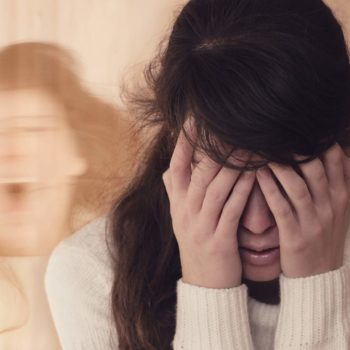What are schizophrenia and schizoaffective disorders?
<<Back to Traditional Psychiatry
Schizophrenia and schizoaffective disorders are serious mental disorders that affect a person’s thinking process and behavior. Most affected is the person’s ability to discern what is real and what is fantasy, and this feature translates into difficulty relating with other people who do not perceive the world in a similar way.
Schizophrenia is a chronic disability that creates “psychotic episodes” marked by hallucinations, delusions, and disorganized thinking. Because of its powerful effects, it can be among the most disabling mental disorders. Schizoaffective disorders share many of the same symptoms as schizophrenia and add symptoms related to mood, such as depression. Both of these disorders are highly complex in function and presentation.
Unfortunately, schizophrenia is commonly misunderstood as dissociative identity disorder, or split personality. It is important to understand the distinction between the two. Schizophrenia does result in confusion and a change in personality during the patient’s psychotic episode, but not a second personality altogether.
Effects of schizophrenia vary from person to person. Some patients experience only one psychotic episode in a lifetime, while others endure more frequent episodes. Generally, patients are able to live relatively normal lives outside these psychotic episodes. However, some patients may suffer more anxiety during cycles of the disorder known as relapses and remissions. Read more here.




